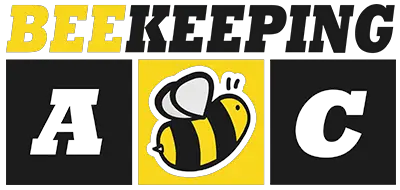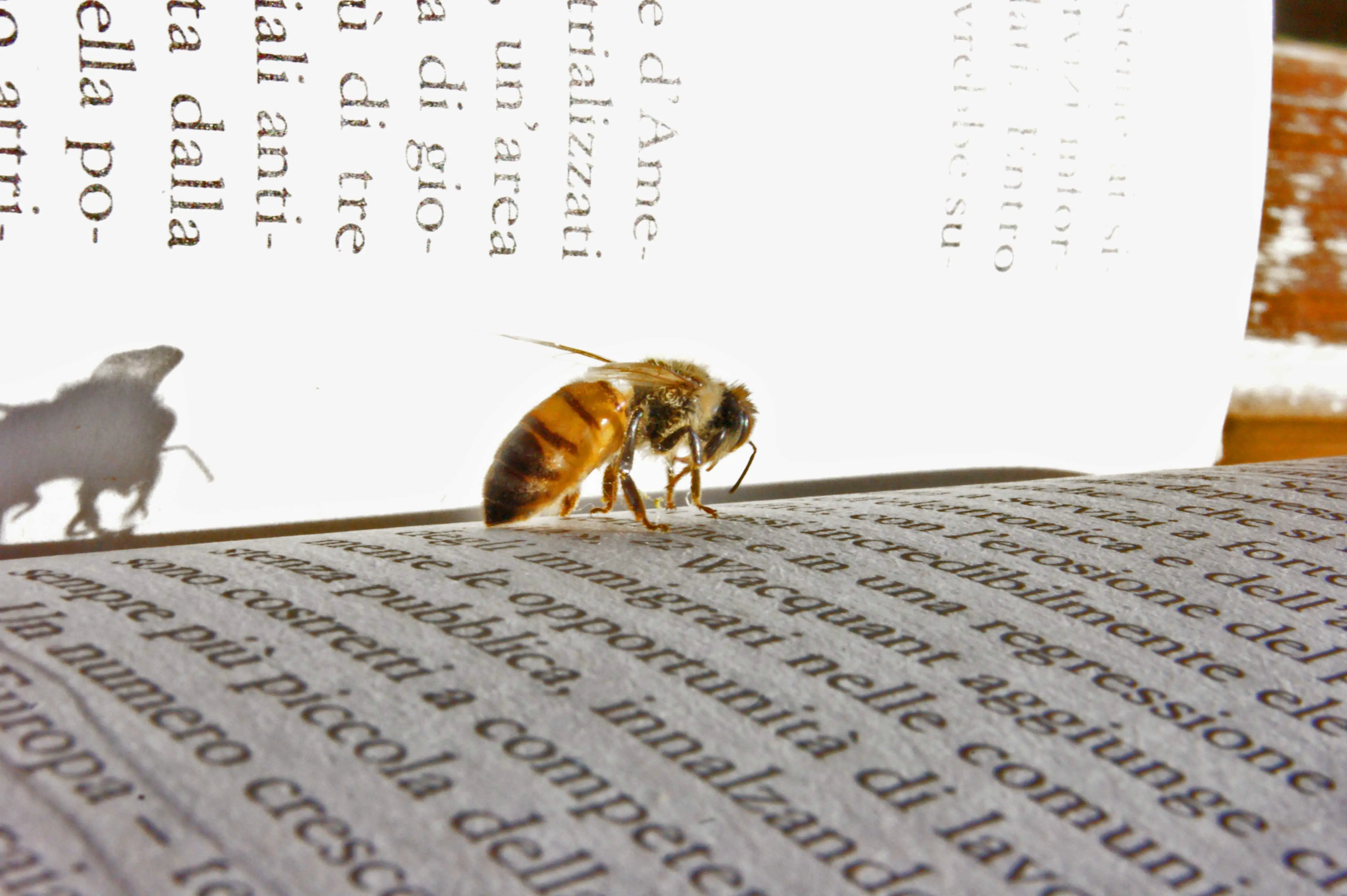You can find all the information you need about bees and the art of beekeeping on the Internet. Essentially, anything you want to know about starting this activity is out there on a certain website. However, sorting through all this data to get what you need can be difficult; not to mention, time-consuming.
If you want to learn quickly and efficiently, your best bet is to buy a beekeeping book. Besides, many of us still find some thrill in the old-fashioned way of hunting for information in books. So what are the best beekeeping books? Read on to find out.
The Beekeeper’s Bible
There’s a reason why Richard Jones and Sharon Sweeney-Lynch (the authors) called it “The Beekeeper’s Bible”. And that is because it’s the only text you’ll need to learn every nitty-gritty regarding beekeeping.
The best part about this book is that it’s designed for a wide range of readers. Are you a historian who would like to know where these industrious creatures come from? Or, are you looking to be a little more creative in your kitchen?
Well, this book contains comprehensive details about their history, a guide on how to start beekeeping, recommended bee products and even recipes.
This book also boasts some amazing graphics, which are not only intriguing but also illustrative.
The pictures of wooden hives that were used in the Medieval period demonstrate the kind of hives you should look forward to having. Similarly, images of the wax moths help you know what kind of pests you should watch out for.
The Backyard Beekeeper
Whether you’re a veteran beekeeper, a beginner or just someone looking to improve your skills, the Backyard Beekeeper is a great choice. Now in its 4th edition, this book is written by Kim Flottum, a honeybee expert and the editor of Bee Culture magazine.
Kim covers all the basics you should know as you try your hand at caring for your own backyard hives. More specifically, this handbook explains how to:
- Set up and care for bee colonies
- Find the perfect location for your hives
- Control swarms
- Use top bar hives
- Harvest products from a hive without putting yourself in danger
- Tackle common bee problems
The emphasis of this book is on, not surprisingly, bees themselves. To have a successful bee farm, you need to first familiarize yourself with these insects. Everything from their anatomy to how they run their colonies can help you become a better beekeeper.
The Beekeeper’s Handbook
Since its first release back in 1973, The Beekeeper’s Handbook has been the ultimate guide for experienced and novice beekeepers alike.
With detailed descriptions and authoritative content, the text provides step-by-step instructions complemented by illustrative pictures to guide you through the beekeeping process.
With this fourth edition, which is written by Diana Sammataro and Alphonse Avitabile, the information has been expanded and revised thoroughly. Thanks to the updating, you’ll be able to keep abreast of the latest information regarding Colony Collapse disorder, regional protocols and green IPM techniques.
In a nutshell, the concepts explained in this book are:
- A how-to guide on the entire beekeeping process starting from the apiary to the harvesting of honey
- At least 100 illustrations demonstrating different methods, equipment and the anatomy of a bee
- How to deal with pests and diseases
- A comprehensive description of the newest trends and adjustments in the art of beekeeping
Honey Bee Biology and Beekeeping
If you’ve been practising beekeeping for a while, you’ve probably heard of Dewey Caron, if not read his book already. Since he graduated from Cornell University with a PhD in Entomology, he’s been educating beekeepers using every platform he can get.
His aim of writing Honey Bee Biology and Beekeeping was to provide a kind of textbook for beekeeping courses. In fact, it’s designed with the typical format of a college book, that is, a discussion of topics followed by review questions. There’s also an additional reading section for every topic.
The information in this book is based on Dewey’s extensive knowledge of bee biology as well as the research of others like Mark Winston. However, he’s simplified the intricate work involved at the PhD level so as to create a book that can be useful to everyone including beginner beekeepers.
Natural Beekeeping: Organic Approaches to Modern Apiculture
Beekeepers of the present day encounter tons of challenges, an issue that has been making headlines, especially when it comes to the epidemic of colony collapse disorder.
The unfortunate bit is that even with new treatments, many pests have developed resistance. This has led to a surge in the demand of more chemical treatments.
But according to Ross Conrad, the solution is not inventing more chemical-based solutions but rather switching to a more effective organic approach.
In this book, Conrad provides all the latest information regarding natural beekeeping techniques. He recommends an array of holistic practices which have been tested and found to be valuable to beekeepers.
Conclusion
Books are one of the most powerful weapons that any beekeeper can arm themselves with. Whether you’re just starting your beekeeping adventure or struggling to eliminate pests, these books explain everything you need to know about this art.


![3 Big Mistakes Beginner Beekeepers Make [And How To Avoid Them!]](https://beekeepingabc.com/wp-content/uploads/2020/11/3-mistakes-beginner-beekeepers-make-90x75.jpg)

![Move over ducks, Queen Bees quack too! [Here’s Why]](https://beekeepingabc.com/wp-content/uploads/2020/06/queen-bee-90x75.png)
![The Flow Hive 2 Review [ Vs. The Classic Flow Hive]](https://beekeepingabc.com/wp-content/uploads/2020/02/Flow-Hive-2-90x75.jpg)
![How Bees Fly [10 Facts About How, When, and Why]](https://beekeepingabc.com/wp-content/uploads/2019/12/A-Bee-Flying-90x75.jpg)